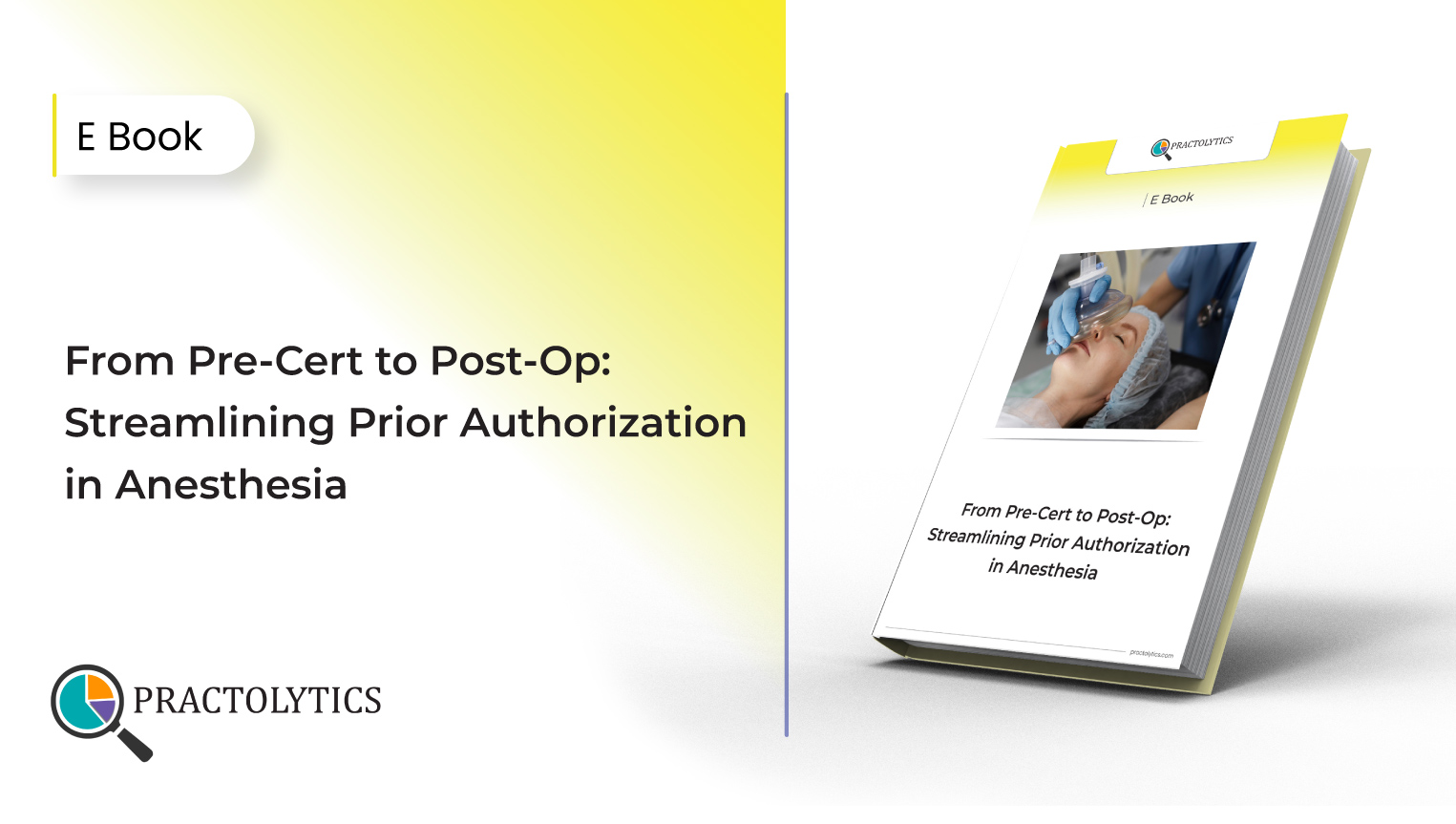

From Pre-Cert to Post-Op: Streamlining Prior Authorization in Anesthesia
- Importance of Prior Authorization (PA): Essential for anesthesia services but often causes delays, lost revenue, and impacts patient care—94% of doctors report delays.
- What PA Means in Anesthesia: It’s insurance approval required before procedures like general anesthesia, sedation for tests, and pain injections.
- Complexity of PA Process: Each insurer has different portals, forms, and rules, making the process slow and confusing for staff.
- Common Reasons for Denial: Missing medical necessity proof, incorrect coding, and delays in submitting information lead to rejections.
- Administrative Burden: Teams spend hours weekly chasing approvals—time that could be spent on patient care.
- Consequences of Delays: Canceled or postponed procedures, frustrated patients, billing issues, and extra work for doctors and finance teams.
- 2025 Industry Trends: Use of AI, CMS policies for quicker turnaround, state laws limiting response times, and increased automation in healthcare.
- Best Practices for PA: Use payer-specific checklists, verify insurance early, align documentation, select accurate codes, and appeal rejections promptly.
- How Practolytics Helps: Offers tech-enabled, end-to-end PA support, expert anesthesia billing, real-time tracking, and fewer denials—boosting efficiency and revenue.
Download the FREE Guide
Download the FREE Ebook
- Importance of Prior Authorization (PA): Essential for anesthesia services but often causes delays, lost revenue, and impacts patient care—94% of doctors report delays.
- What PA Means in Anesthesia: It’s insurance approval required before procedures like general anesthesia, sedation for tests, and pain injections.
- Complexity of PA Process: Each insurer has different portals, forms, and rules, making the process slow and confusing for staff.
- Common Reasons for Denial: Missing medical necessity proof, incorrect coding, and delays in submitting information lead to rejections.
- Administrative Burden: Teams spend hours weekly chasing approvals—time that could be spent on patient care.
- Consequences of Delays: Canceled or postponed procedures, frustrated patients, billing issues, and extra work for doctors and finance teams.
- 2025 Industry Trends: Use of AI, CMS policies for quicker turnaround, state laws limiting response times, and increased automation in healthcare.
- Best Practices for PA: Use payer-specific checklists, verify insurance early, align documentation, select accurate codes, and appeal rejections promptly.
- How Practolytics Helps: Offers tech-enabled, end-to-end PA support, expert anesthesia billing, real-time tracking, and fewer denials—boosting efficiency and revenue.

